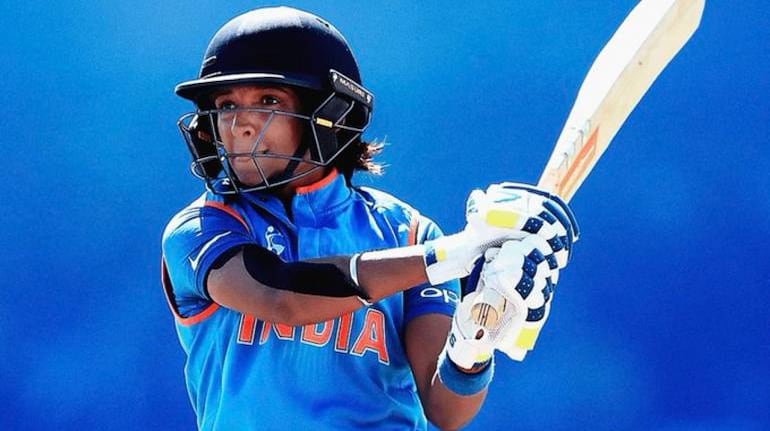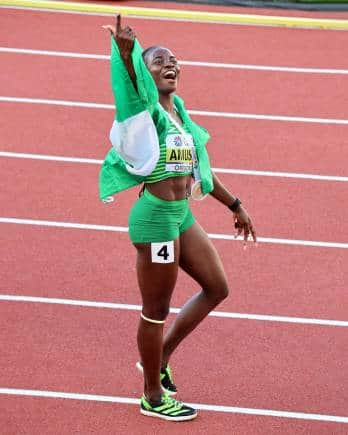
The 21st edition of the Commonwealth Games kicks off today (July 28, 2022) with the opening ceremony in the host city of Birmingham, UK. This is the third time that England is hosting the Games, after London 1934 and Manchester 2002.
This edition will feature 72 teams from 54 nations and 18 territories, competing across 19 different disciplines. There are more than 1,800 medals on offer and three new sports on the roster: women’s T20 cricket, 3X3 basketball, and 3X3 wheelchair basketball. Here’s what else you need to know about this major quadrennial sporting event.
How did it all begin and is the CWG still relevant?
It started with mismanagement (intended or otherwise) and a perceived slight. Amsterdam, 1928, the Olympic Games. A 20-year-old Canadian sprinter called Percy Williams who worked as a waiter and dishwasher on a dining car to help raise money to compete at the Olympics, waited, bemused, after winning the 100m sprint. The gold medal was his, but the organisers could not find a Canadian flag for the podium. The official band for the ceremony were in a fix too—they did not know the Canadian national anthem.
Canada’s team manager, Melville Marks Robinson, had had enough. He had already fought with the IOC about the US team being allowed to use the tracks for practice while Canada were refused the same courtesy, and also because of a judge’s decision in the women’s 100m, that had gone against Canada.
Robinson decided it was time to launch a different competition, along the lines of the Olympics, but “devoid of petty jealousies and sectional prejudices”.
Two years later, in Hamilton, Canada, the plan came to fruition as the British Empire Games, with invitations extended to every country under British rule as well as former colonies. Robinson had to go to great lengths to get nations to participate, enticing many of them by sending them funds for travel.
Robinson was a visionary—he introduced certain concepts here that have stood the test of time and become so integral to sporting competitions that it’s become hard to imagine what it was like before: the tiered podium for medal ceremonies was his brainchild, as was the idea of an “athletes village” and using volunteers (both born out of the severe funding constraints).
The British Empire Games underwent several name changes to reflect the fading of the Empire, before settling on the Commonwealth Games in 1974, based on the British concept of “commonwealth of nations”, used to refer to the UK's former colonies.
The word “commonwealth” itself has largely lost its meaning as the world has moved further and further from the time when the British Empire extended across large chunks of it. Colonial legacies are now viewed for what they were: an exploitative, often brutal era. In this context, the Commonwealth Games seems more and more out of touch with the times, except to point to the sheer reach of the Empire at its height (72 countries and territories are part of the Games, from India to the Isle of Man, from Tonga to Tuvalu).
But when it comes to sheer sporting delight, the games have more than plenty to offer.
So we will witness some great athletes competing?
Absolutely. Watch out for Nigeria’s Tobi Amusan, who absolutely obliterated the women’s 100m Hurdles World Record this week at the Athletics World Championships. And the incredible sprint trio from Jamaica who swept the Tokyo Olympics podium as well as the World Championships—“mommy rocket” Shelly-Ann Fraser-Pryce, Elaine Thompson-Herah and Shericka Jackson, as well as England’s Dina Asher-Smith.
Neeraj Chopra won’t give him competition after pulling out with an injury, but that won’t stop Grenada’s javelin World Champion Anderson Peters from inching closer to a new world record.
Olympic champion and world-record holder in the 100m breaststroke, England’s Adam Peaty will make a comeback in the pool.
 Tobi Amusan (Image: Twitter/adidasrunning)
Tobi Amusan (Image: Twitter/adidasrunning)
What about Indian stars? What are our medal chances?
While our biggest star, Neeraj Chopra, will be missing, Annu Rani will keep the Indian flag flying at the javelin competition. Avinash Sable, the 3000m Steeplechase runner, will also fancy his chances despite stiff competition from countries like Kenya, riding high on the confidence of having broken his own national record eight times in two years now, and qualifying consistently for the finals of the world championships. India’s long jumpers and triple jumpers have been getting better and better, notching up three of the five best long jumps so far this season, consistently crossing the 8m mark—the global standard of excellence—in long jumps.
India’s chances are strong in combat sports—partly because the world’s best nations in boxing and wrestling are not part of the Commonwealth Games. It should be a cakewalk for the likes of Bajrang Punia and Vinesh Phogat, both making comebacks from injuries and the mental strain of a disappointing Olympic campaign. It will be harder for the boxers (because of England’s presence in the ring), but World Championships medallist Amit Panghal has a point to prove after a debacle in Tokyo saw him withdraw from the public eye and Nikhat Zareen, the current world champion is a woman on a mission.
 Amit Panghal (Source: Twitter/BoxerPanghal)
Amit Panghal (Source: Twitter/BoxerPanghal)
In badminton, P.V. Sindhu has made her best start to a season ever, and will look to continue that momentum with an easy passage to the title. Rising badminton star and World Championship medallist Lakshya Sen will look to add to his growing trophy cabinet. And in hockey, both the men’s and women’s team are on a terrific upswing (the men won their first Olympic medal in 40 years in Tokyo, the women reached the bronze playoff for the first time), though expect tough competition from the likes of South Africa, New Zealand, England and of course, the Aussies.
But, nevertheless, it can be safely predicted that this will be India’s lowest medal haul in decades at the CWG.
What? No! Why?
Because the bulk of India’s medals in the past editions have come from shooting, a discipline that has been dropped from this edition. A quarter of India’s totally tally of 101 medals at the 2018 Gold Coast CWG came from shooting. The math remains pretty consistent if you go back to editions before that, so expect at least 25 percent fewer medals this time.
The Commonwealth Games Federation, the organising body for the CWG, thinks shooting is not a spectator-friendly sport, and decided to exclude it to make CWG more modern and relevant. Interestingly, shooting has been excluded from the 2026 edition as well.
But there will be cricket?
Yes. This will be the first time in the history of CWG that women’s cricket will be a part of it. Cricket has featured once before, at the 1998 Kuala Lumpur Games, which had men’s 50-over matches. Now it’s the women’s turn, and the format, of course, is T20. Matches will be played at Edgbaston and the Harmanpreet Kaur-led India will look to bring out explosive performances, with Shafali Varma and Smriti Mandhana leading the way.
Ok, a final question, just out of curiosity. Who won the first CWG medal for India?
That’s a great question, because so little is known about the man. Rashid Anwar won a bronze in freestyle wrestling at the 1934 Games, where India made its CWG debut. Only sketchy details, and one photograph, are available for Anwar: that he shifted to England in 1936, drove an ambulance during World War II and died in London in 1983.
Discover the latest Business News, Sensex, and Nifty updates. Obtain Personal Finance insights, tax queries, and expert opinions on Moneycontrol or download the Moneycontrol App to stay updated!